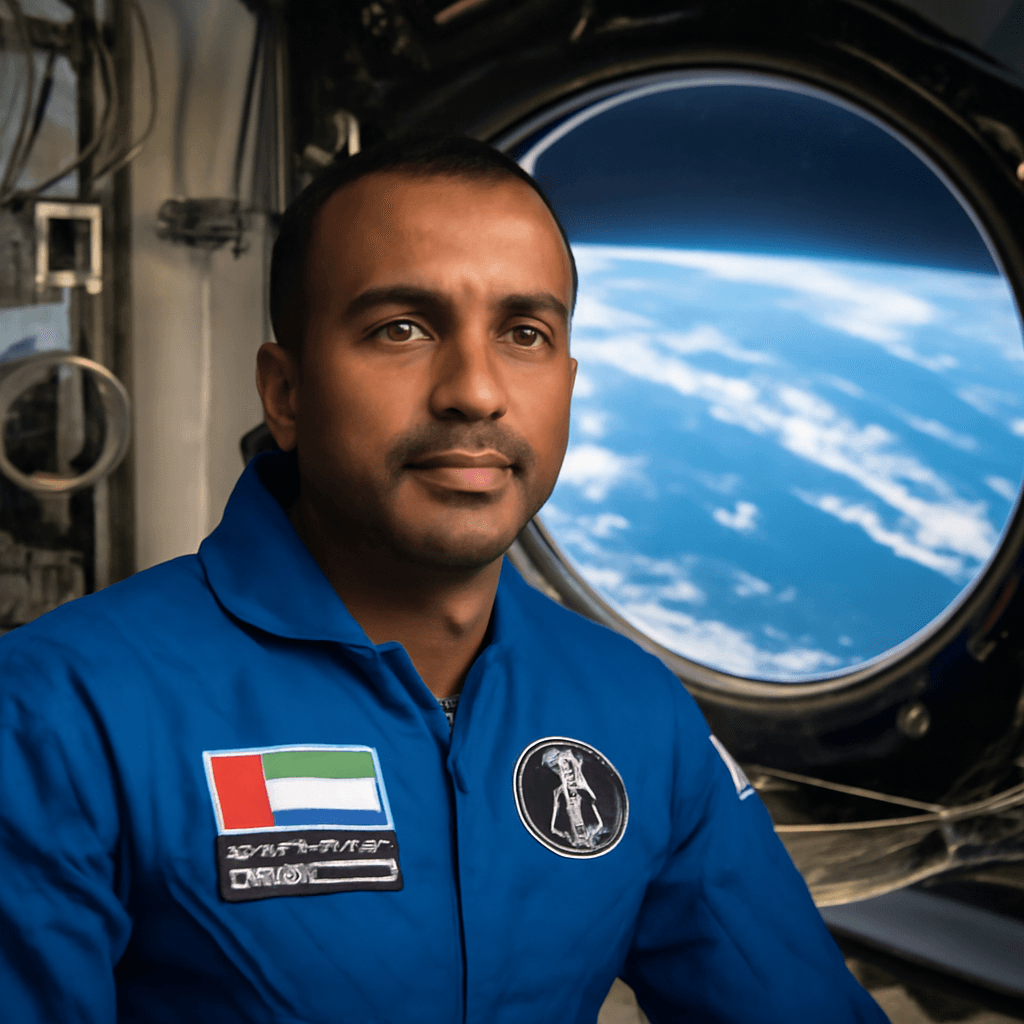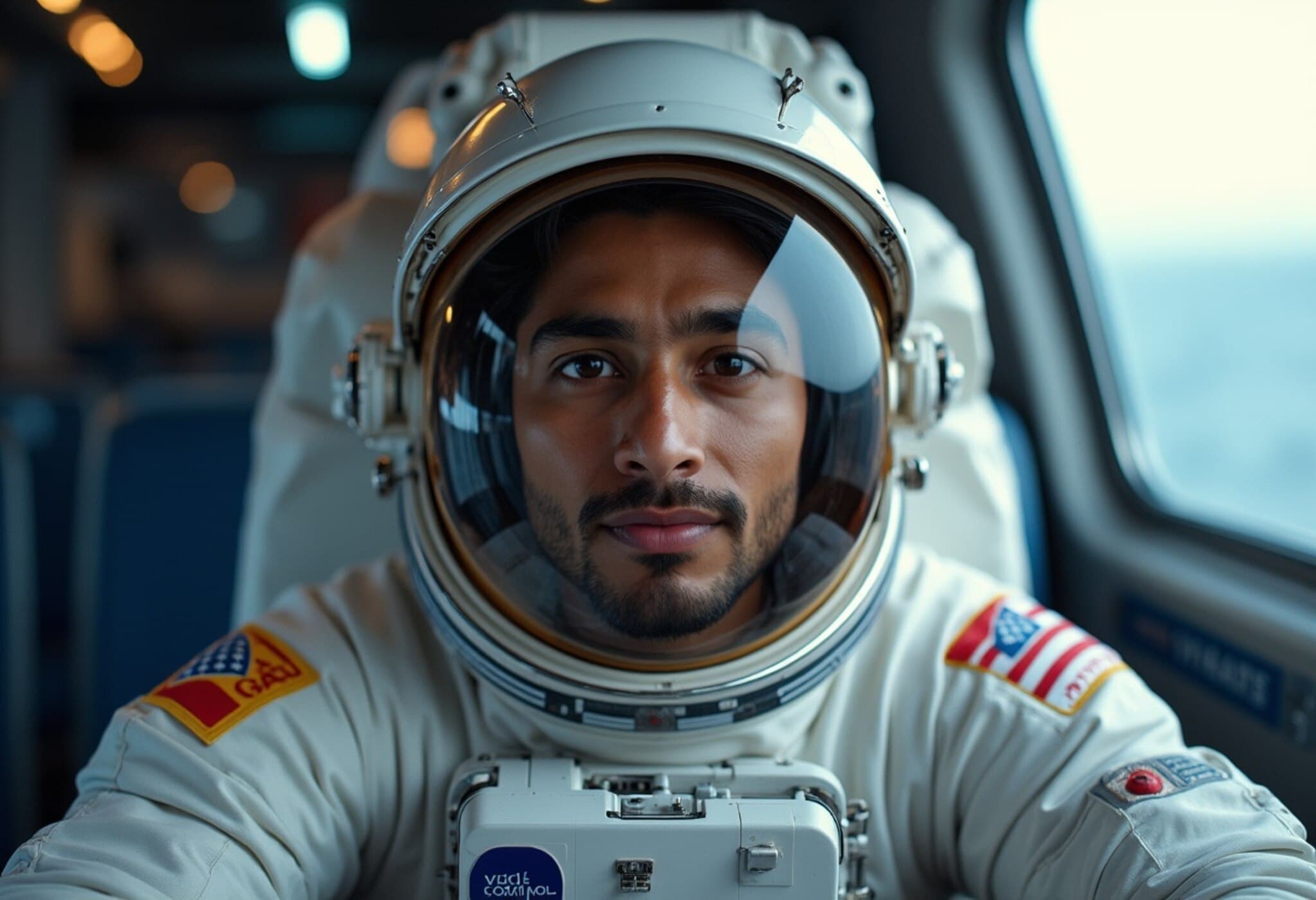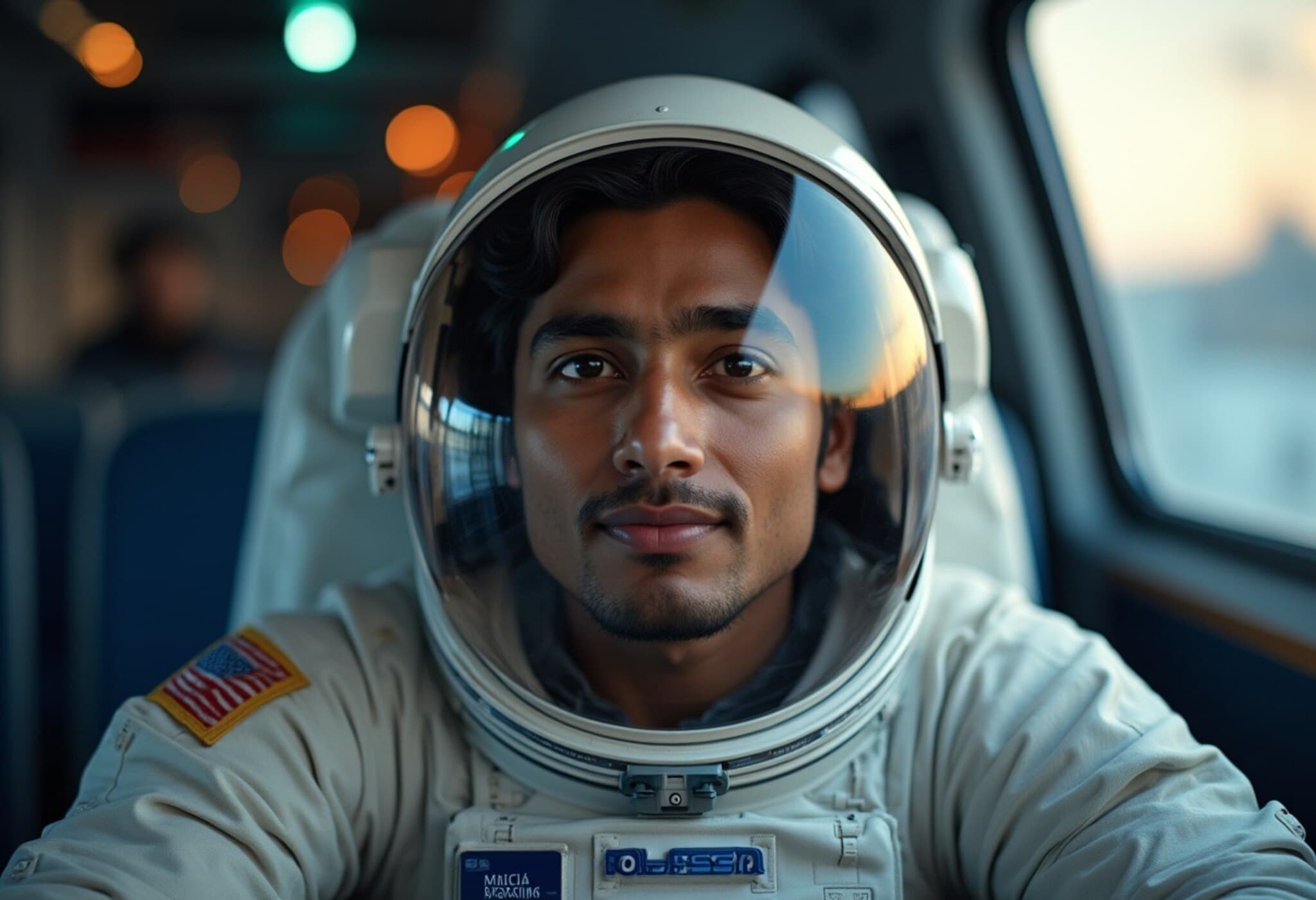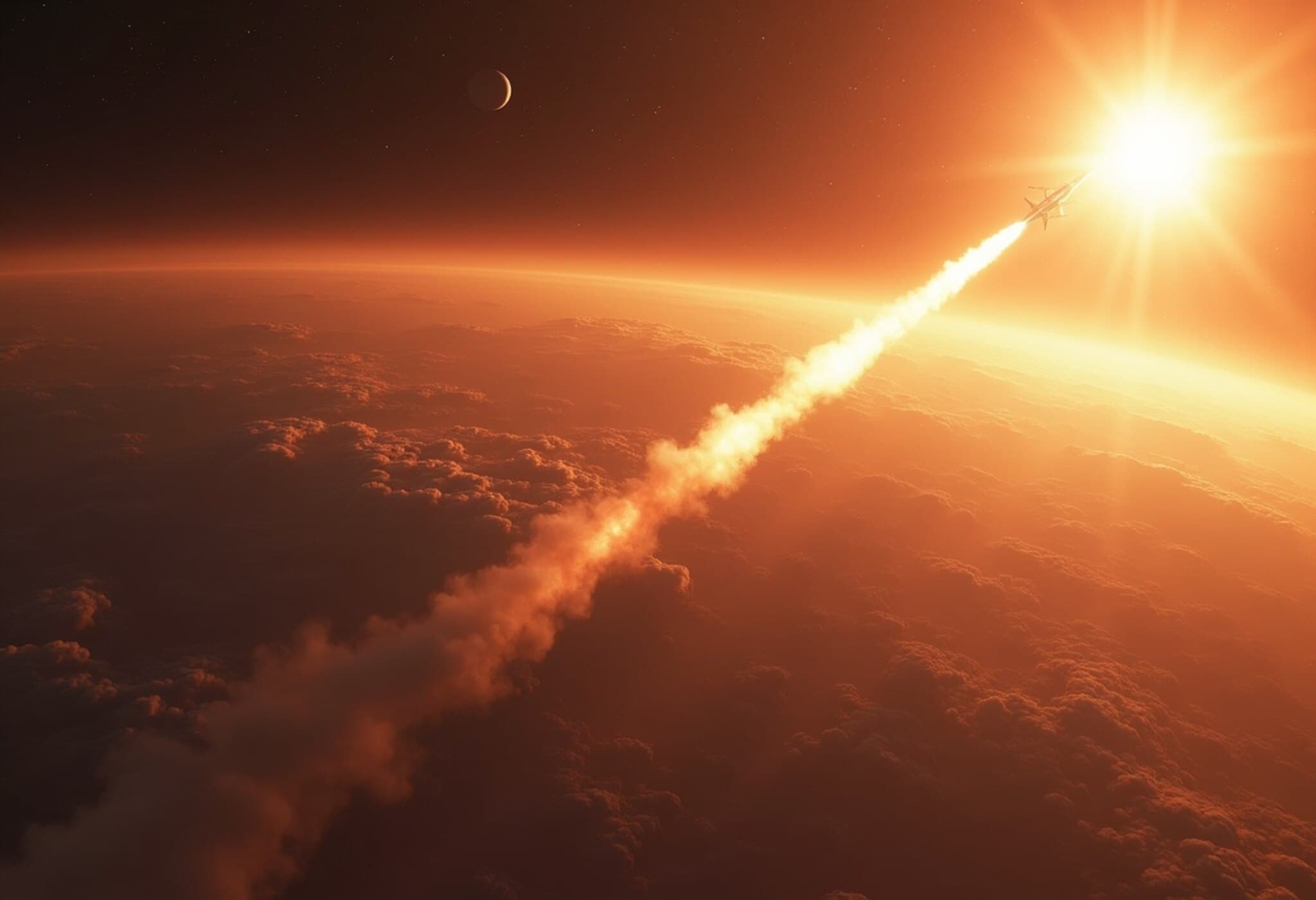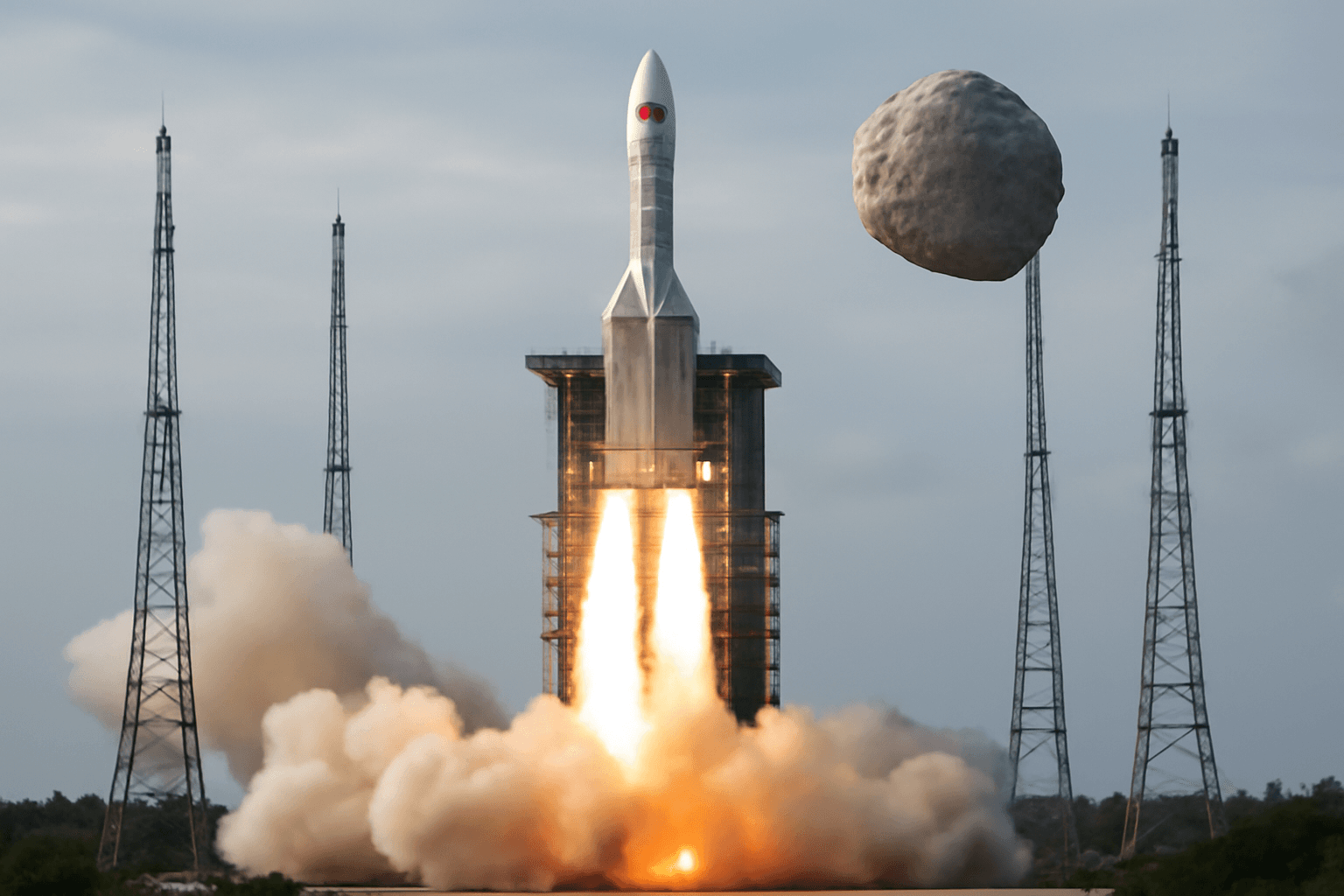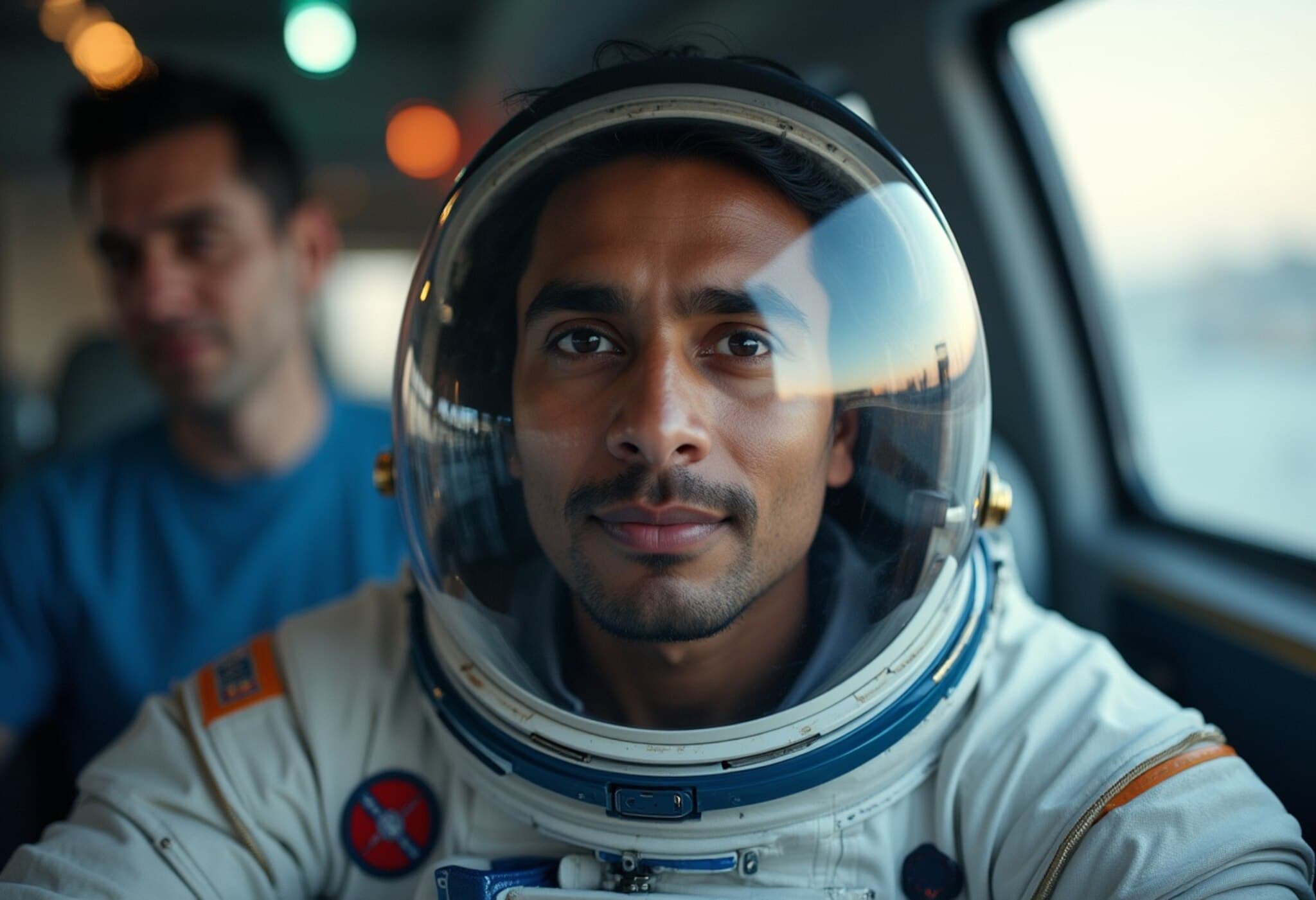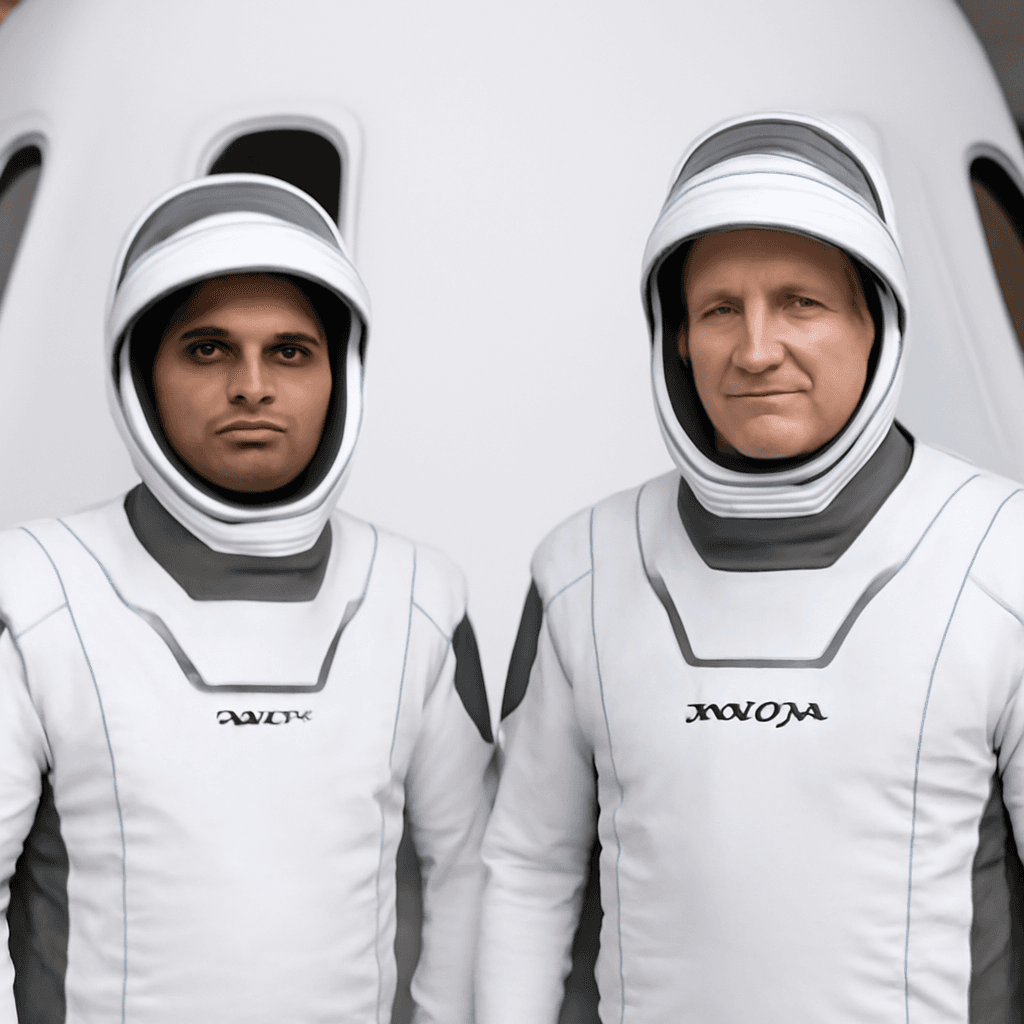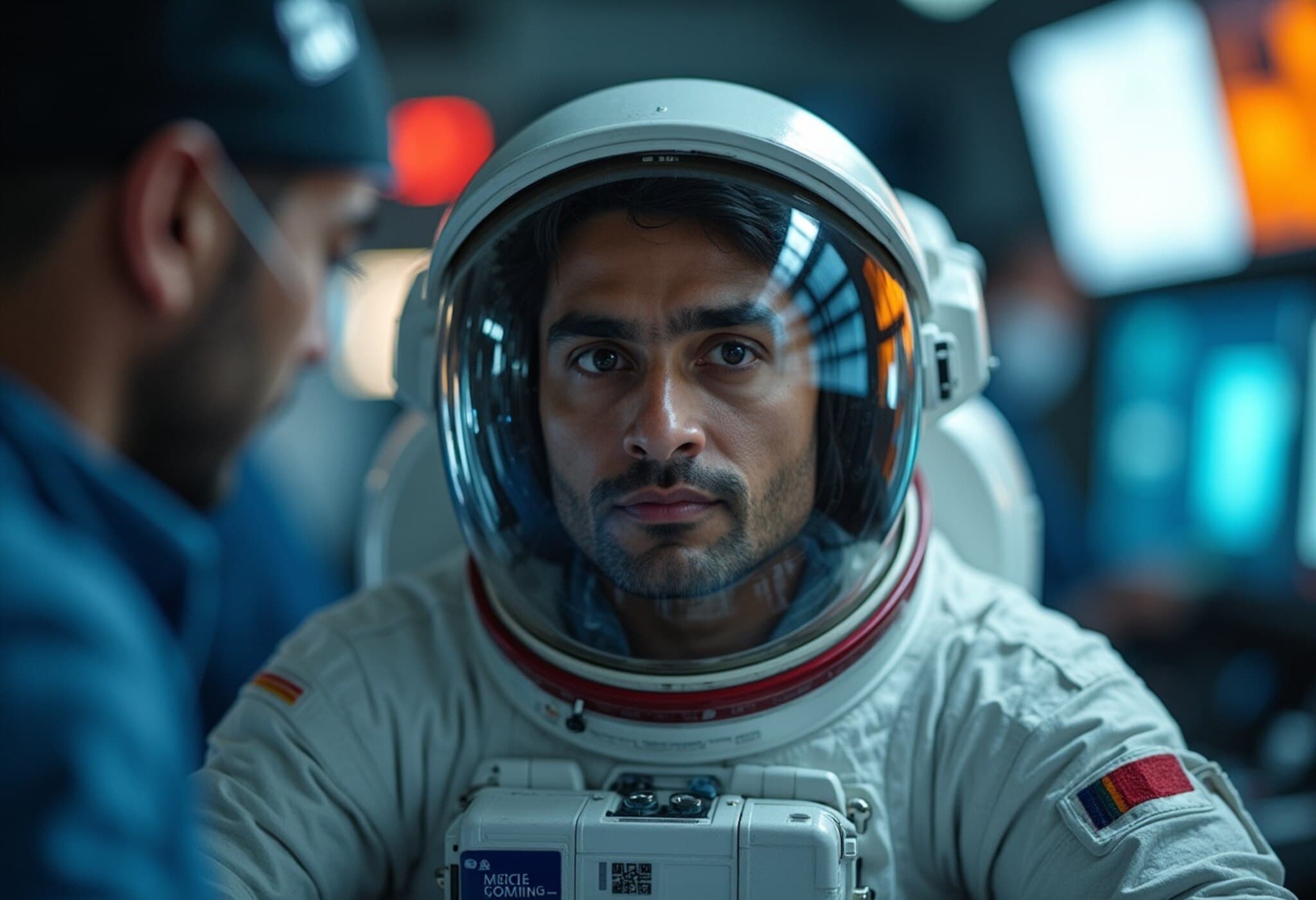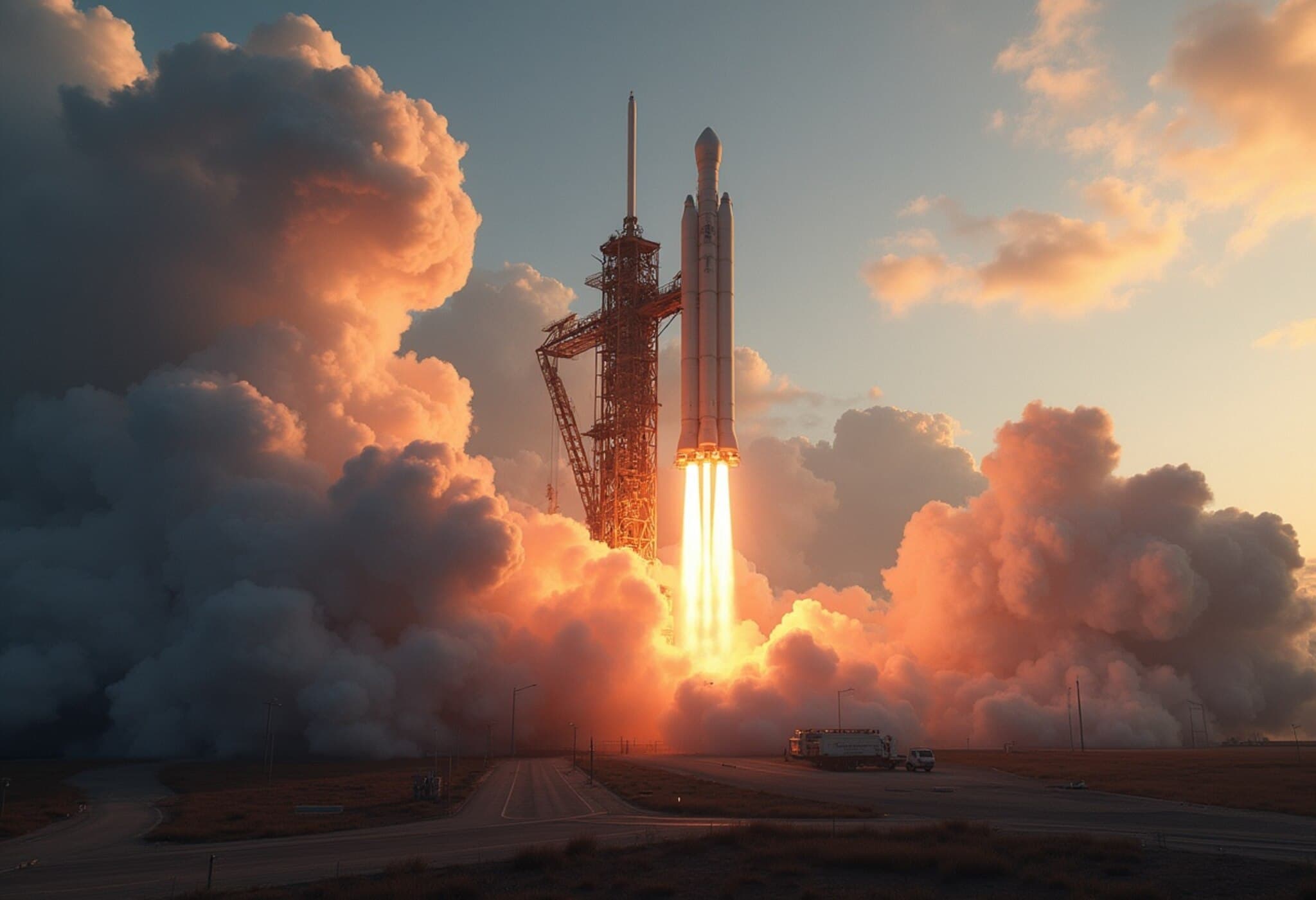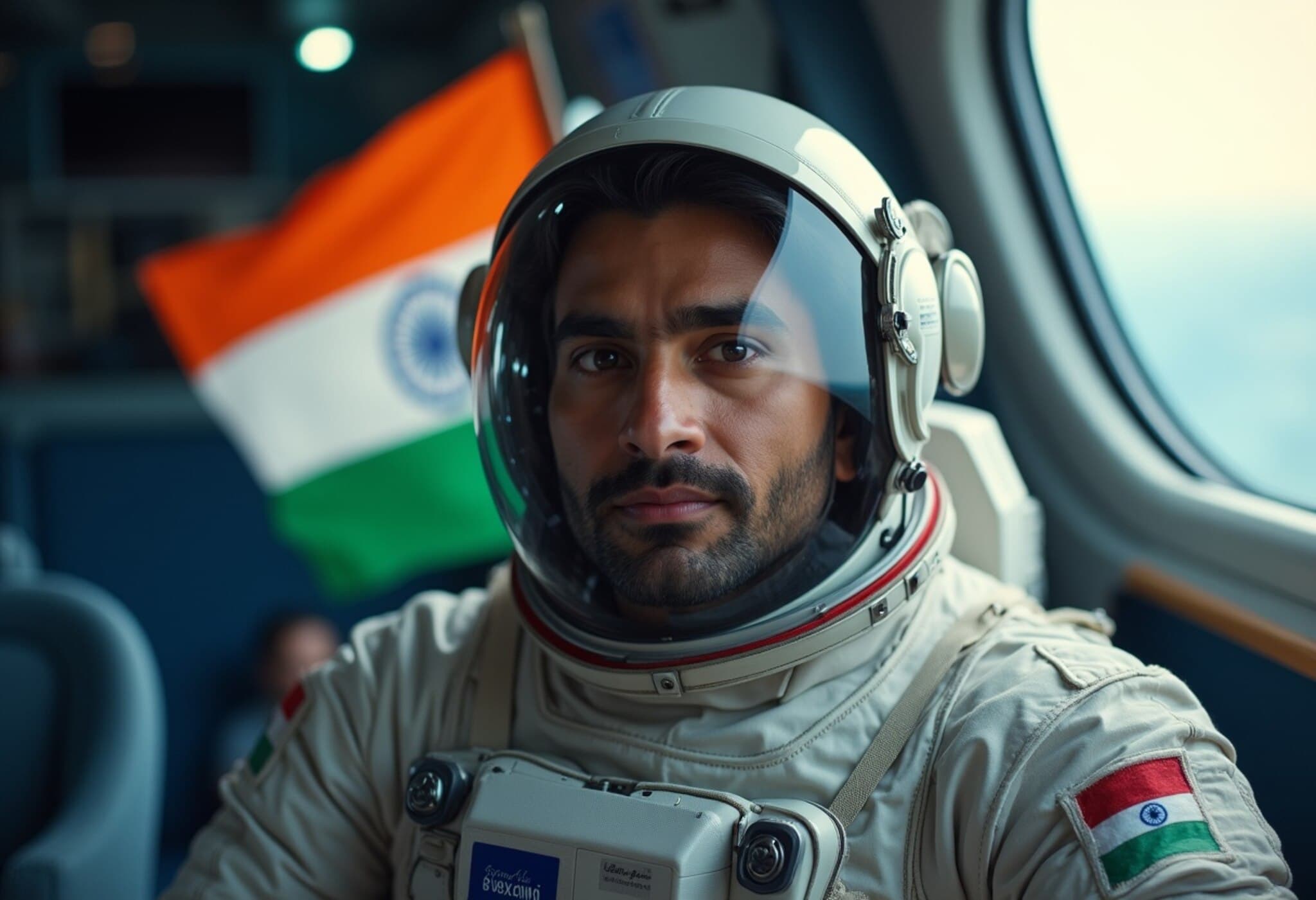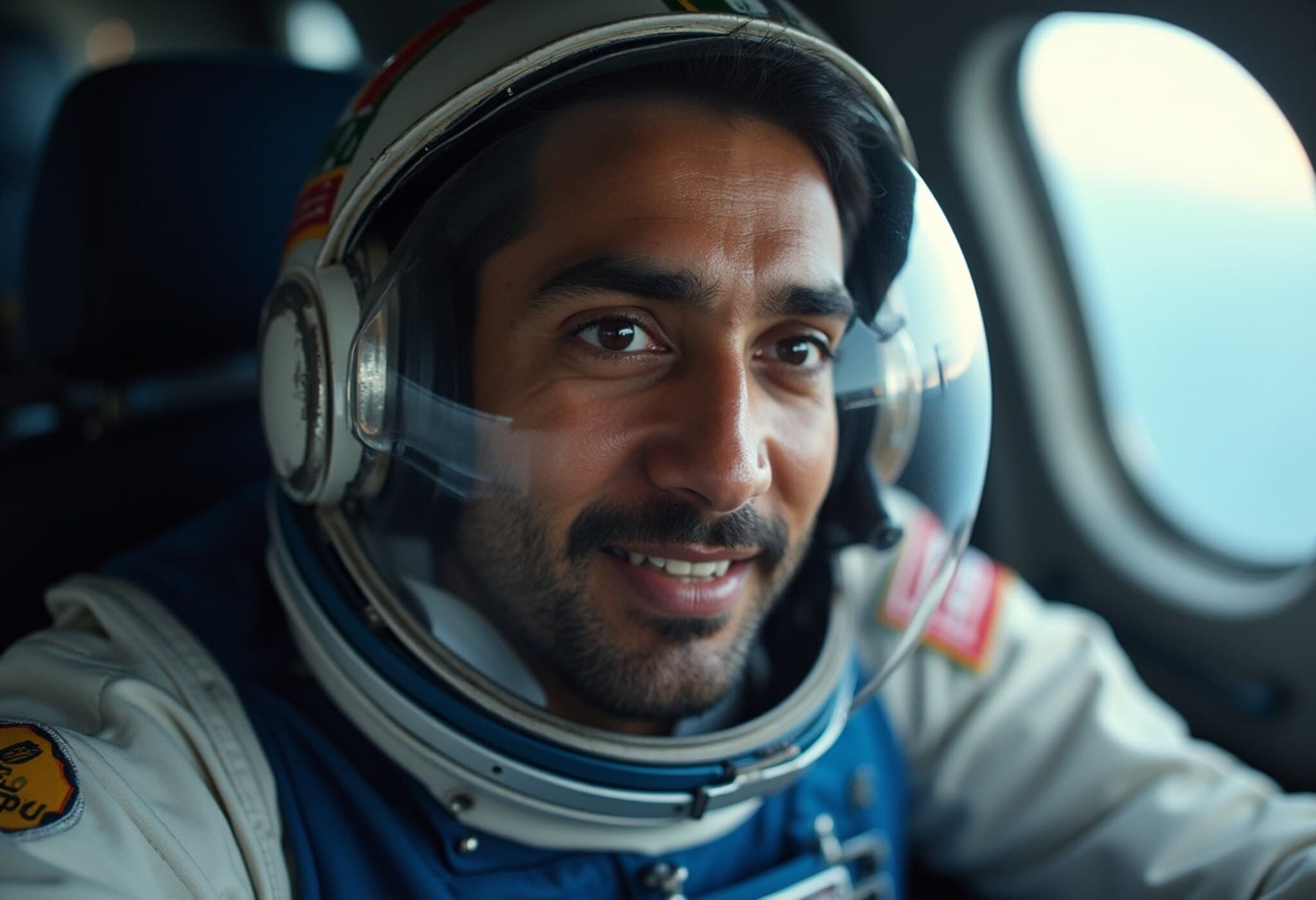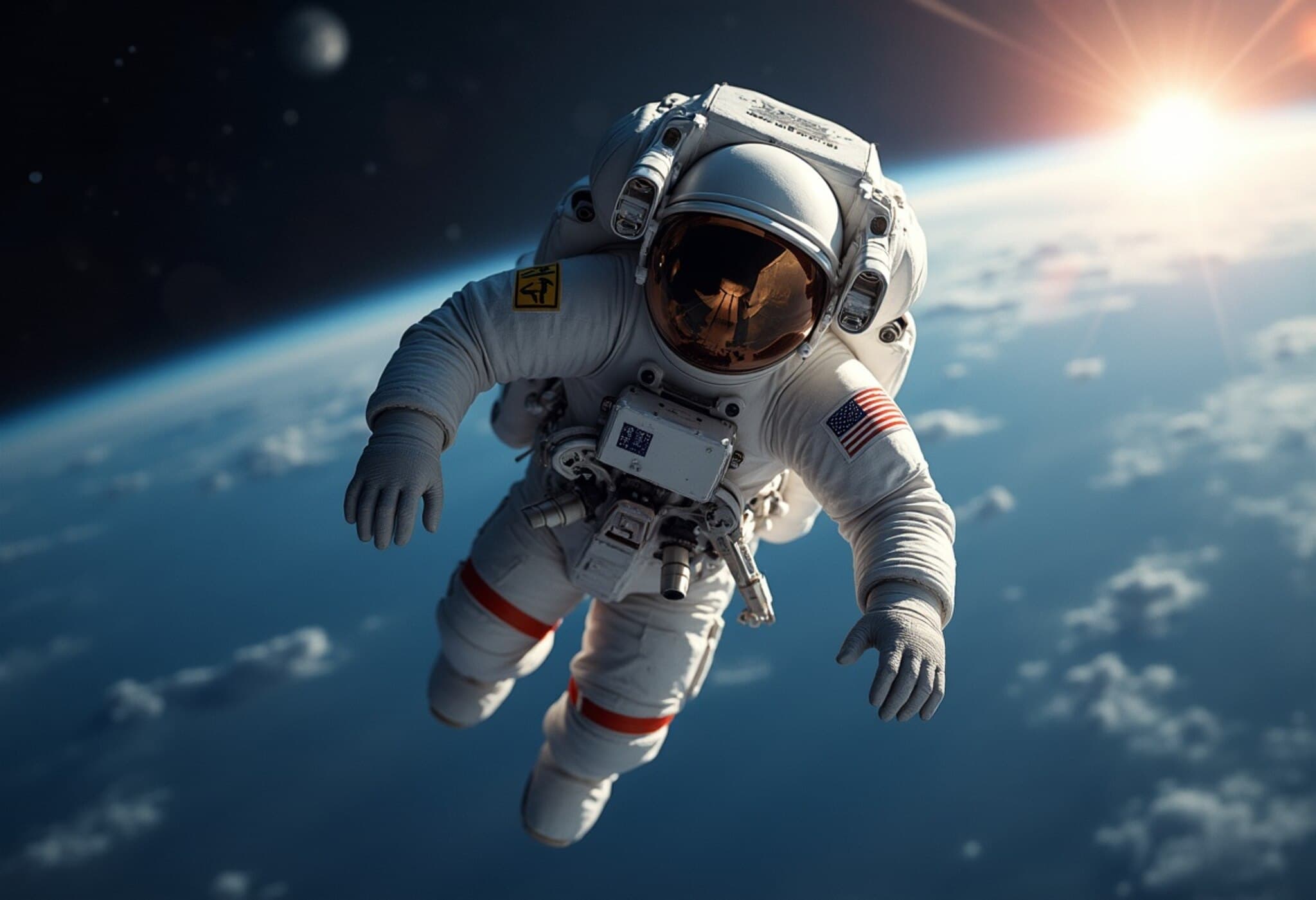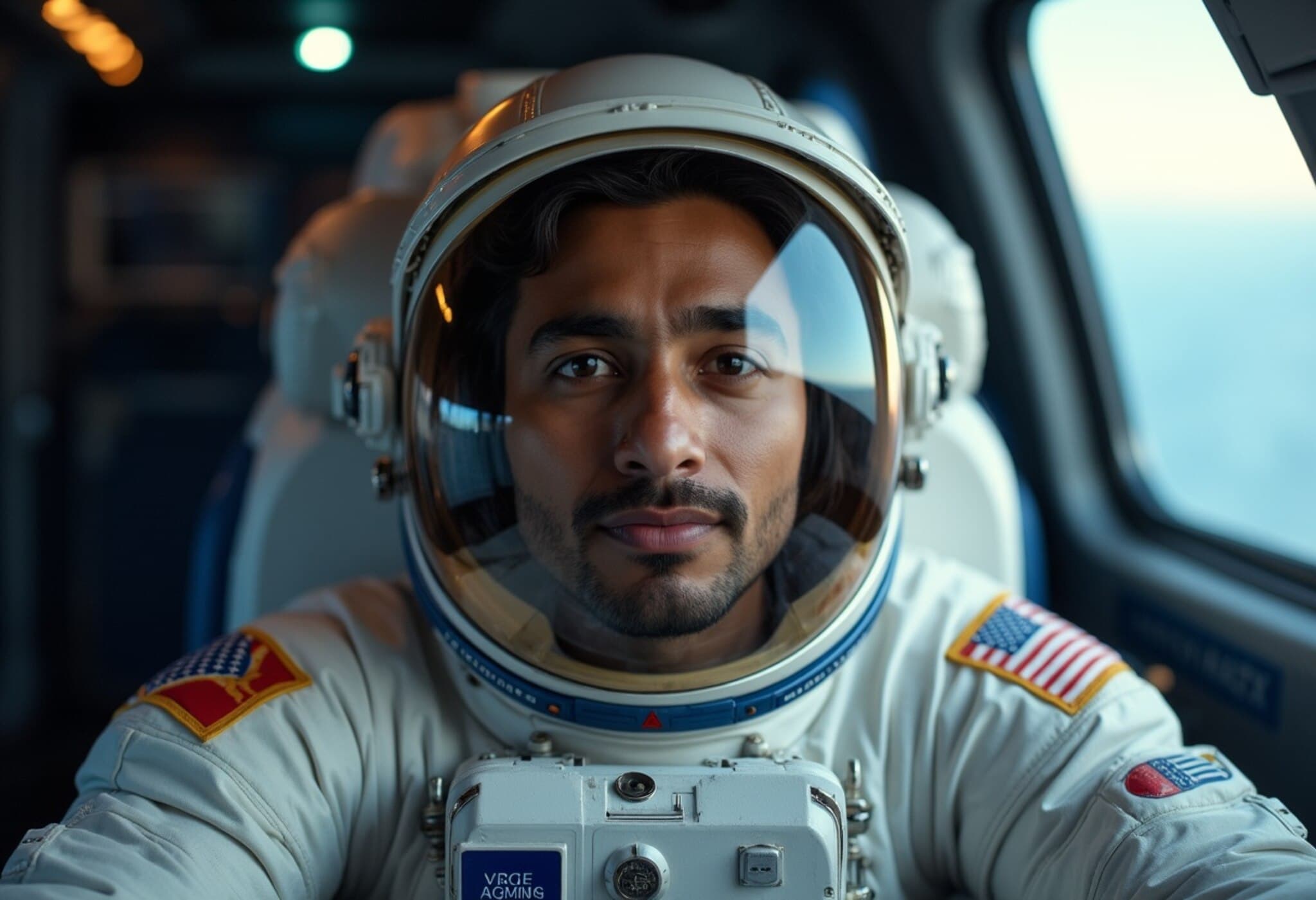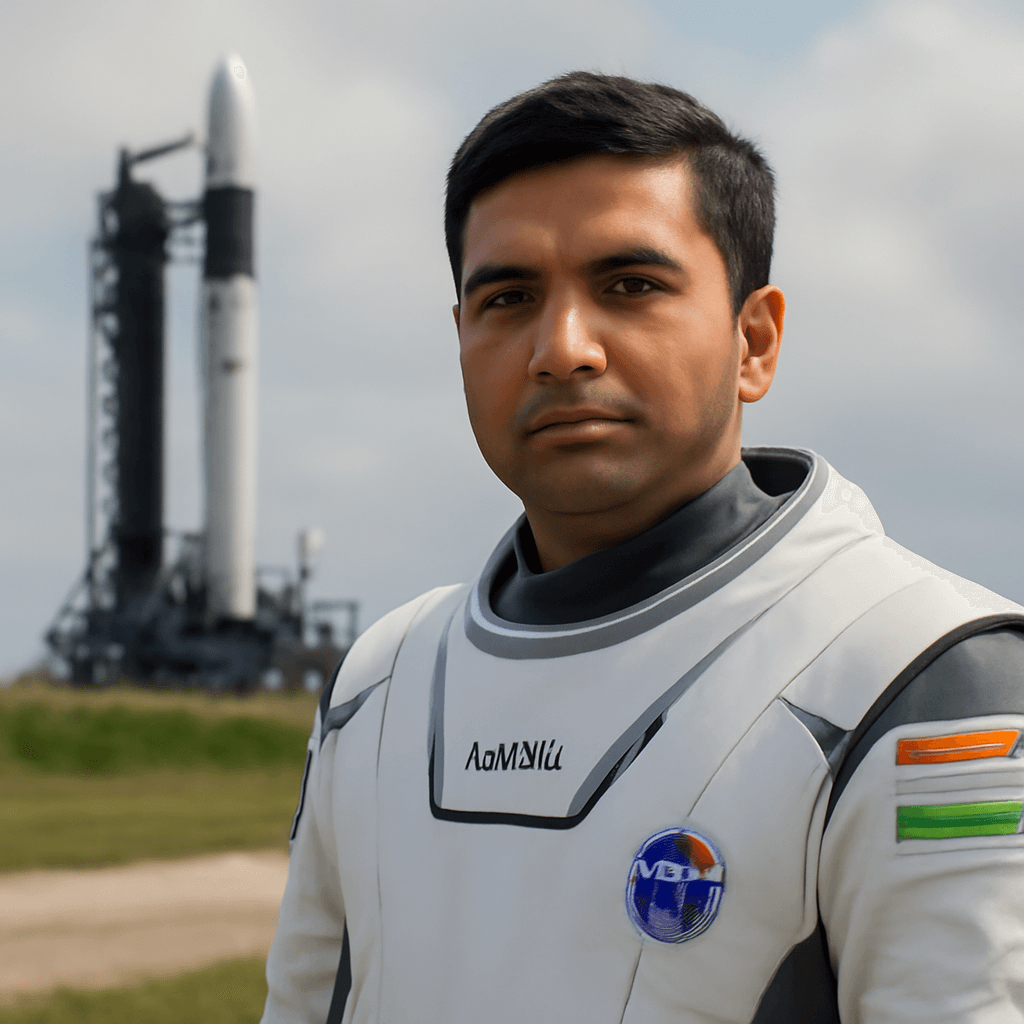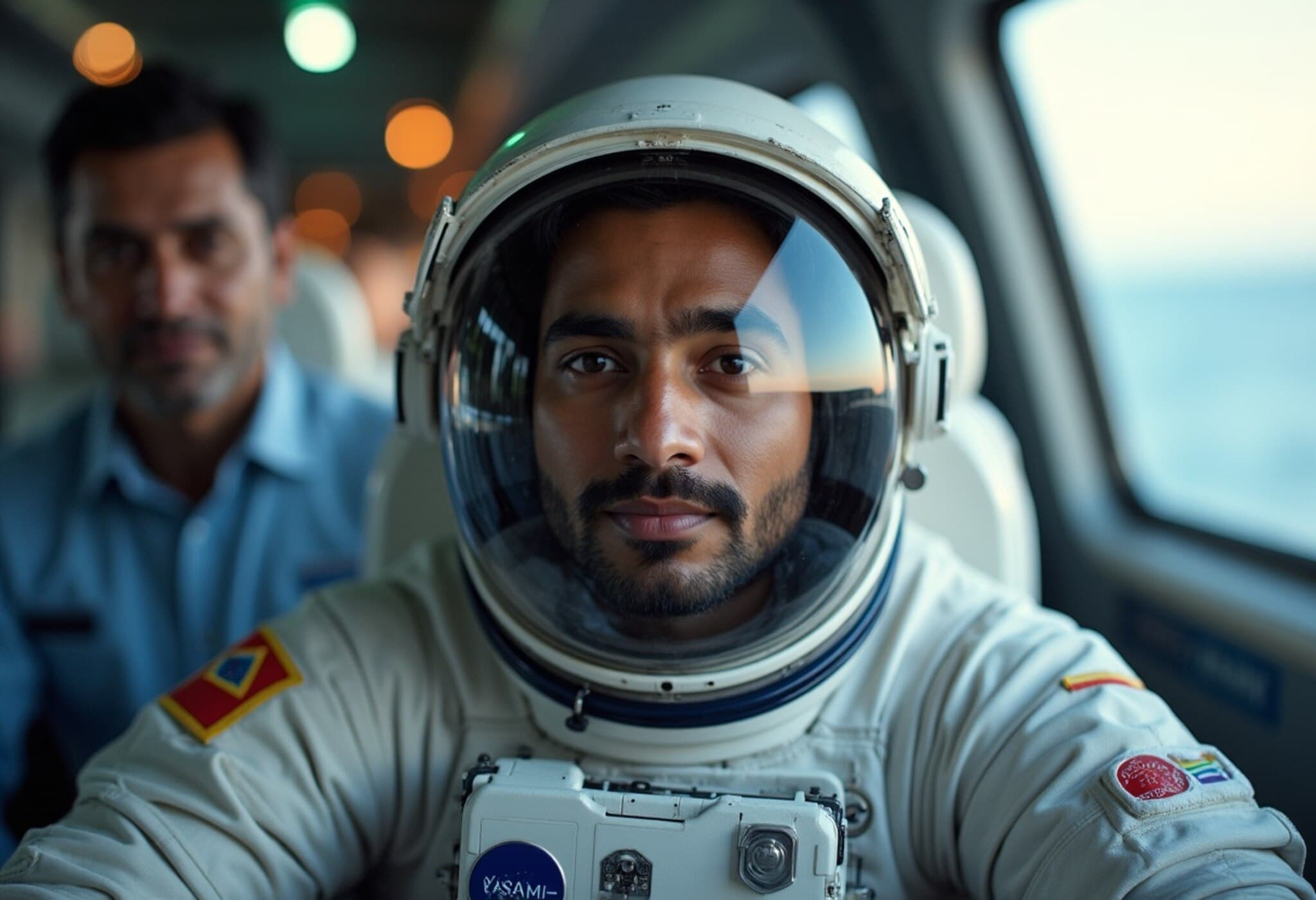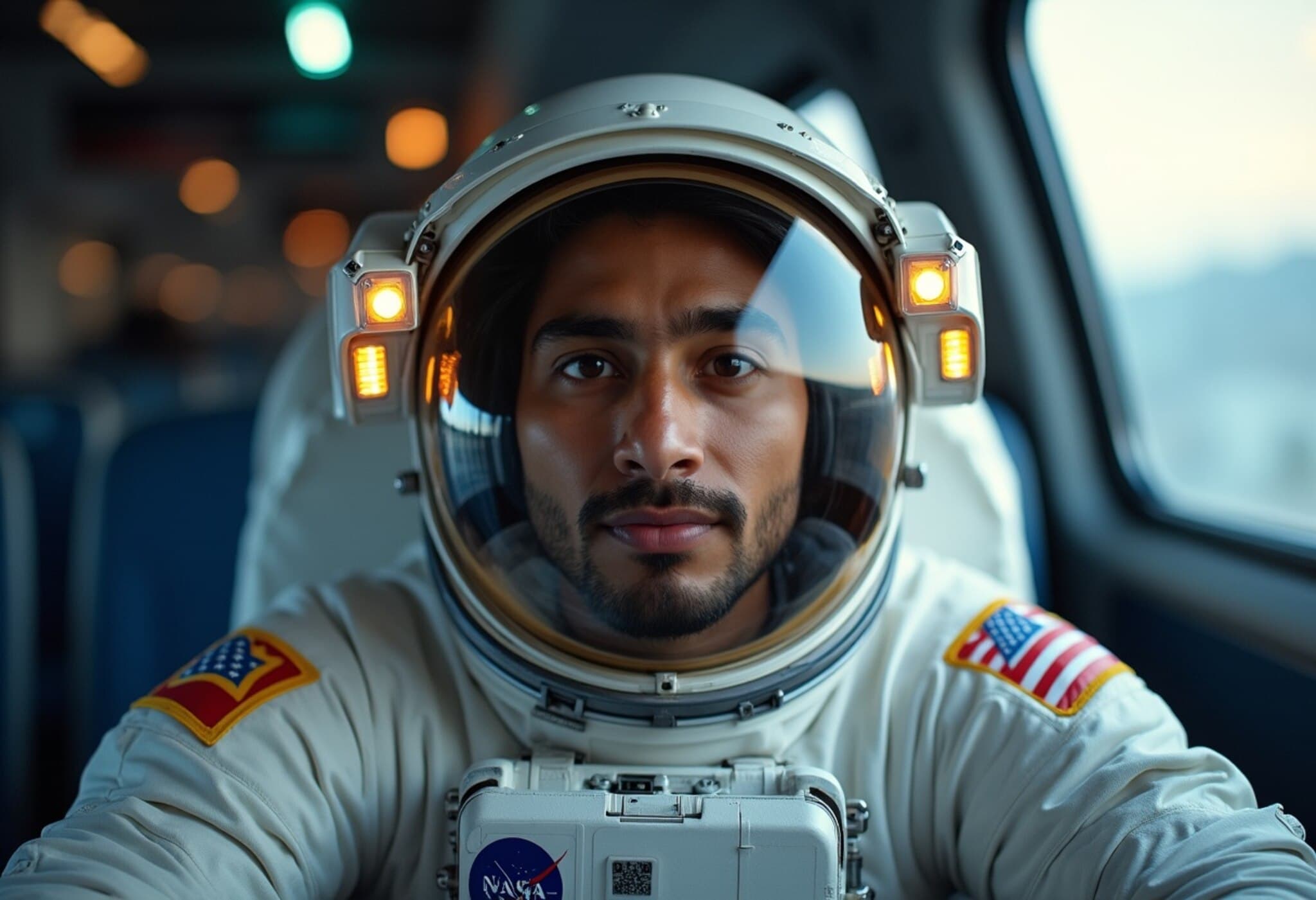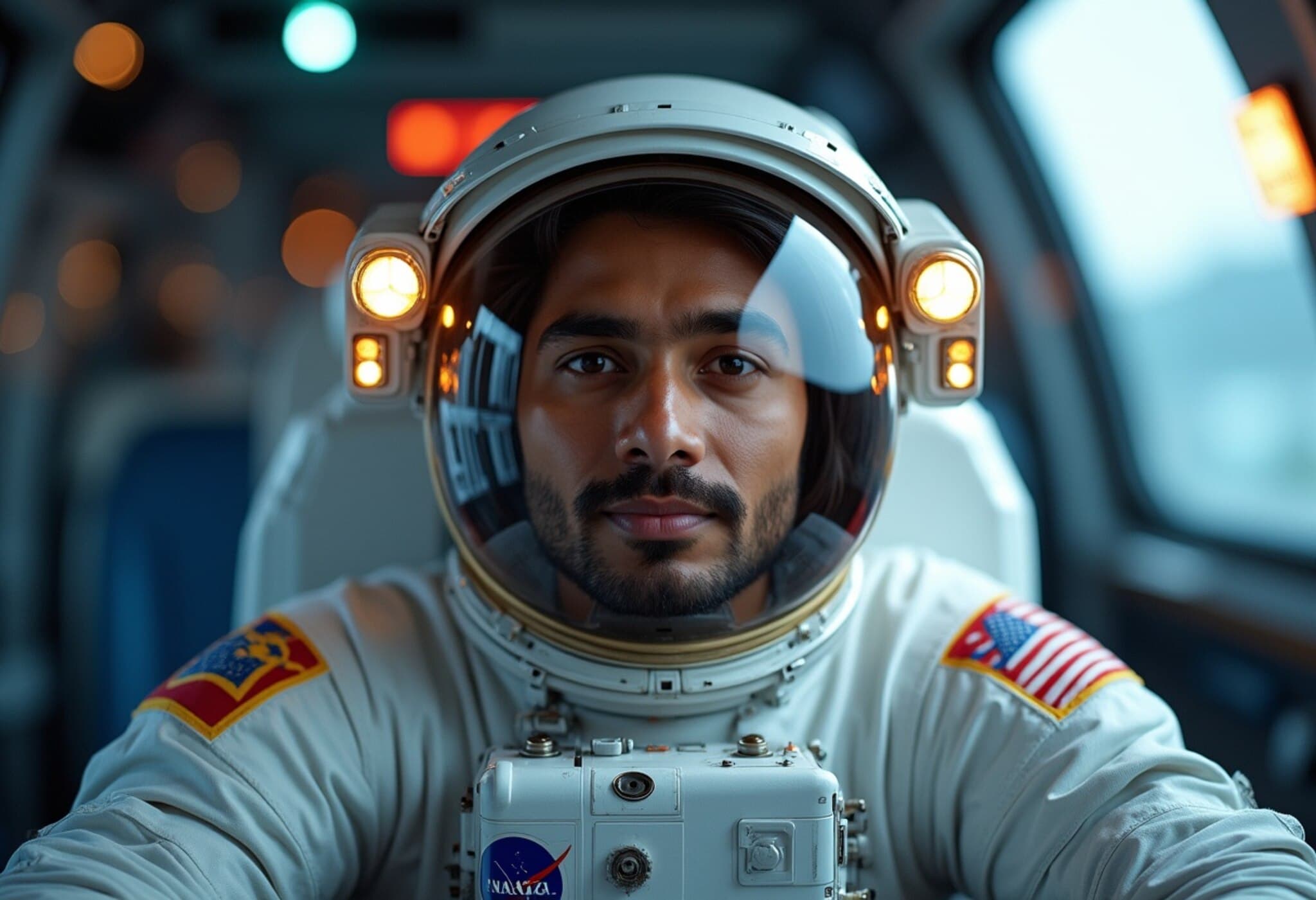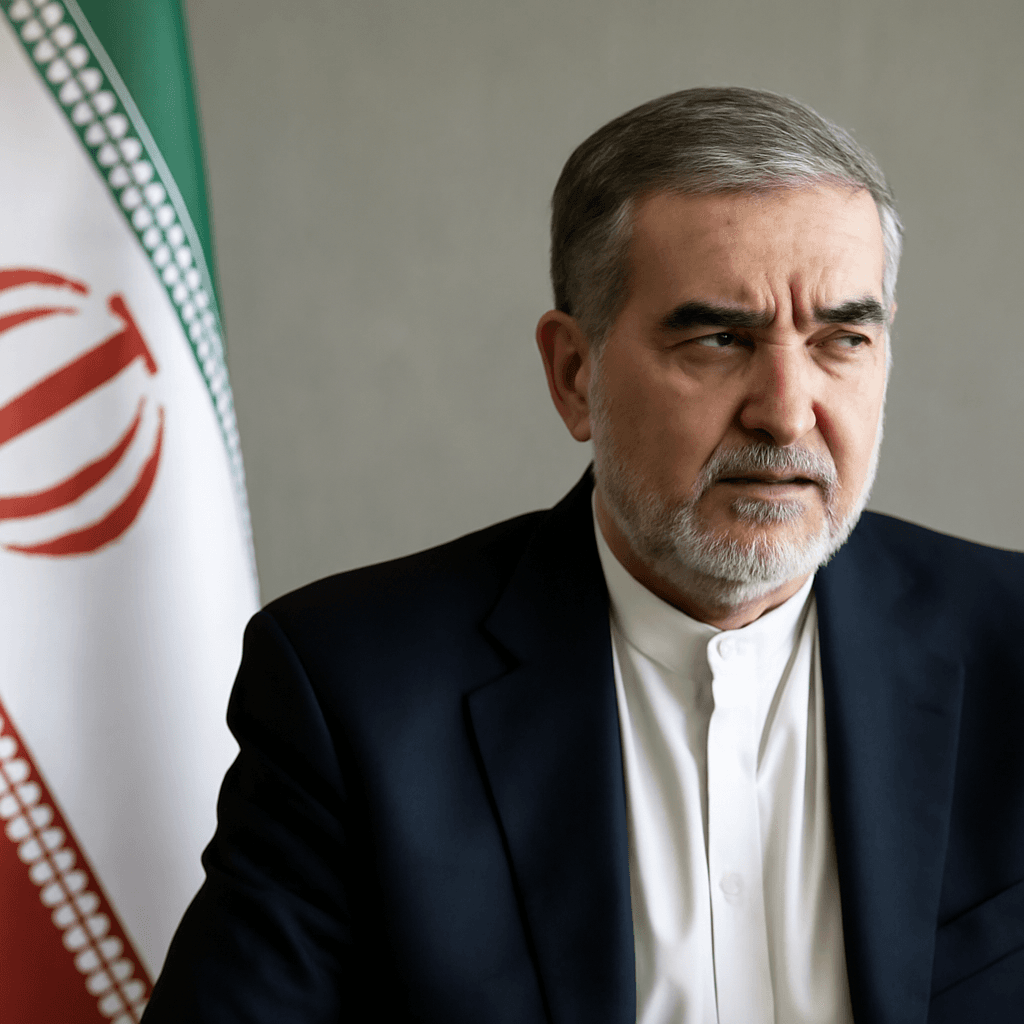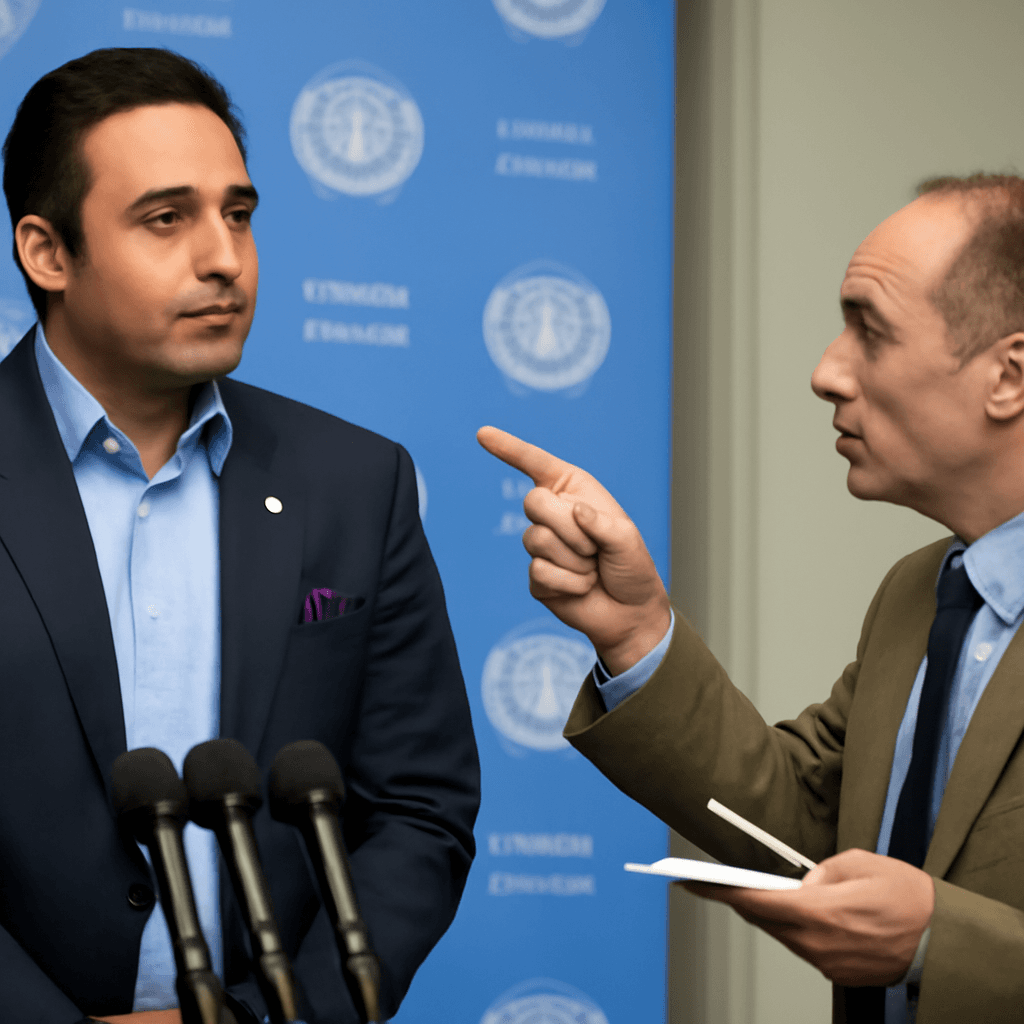Introduction to Space Life by Hazzaa Al Mansoori
As India prepares to send its second astronaut, Group Captain Shubhanshu Shukla, to the stars aboard the Axiom 4 mission, reflections from the first Emirati astronaut, Hazzaa Al Mansoori, provide valuable insights into space life and international collaboration. Al Mansoori, who made history as the United Arab Emirates' inaugural space traveler, described his journey and experiences aboard the International Space Station (ISS) with enthusiasm and admiration.
Experiencing Microgravity and Orbital Life
Al Mansoori emphasized the awe of floating in microgravity and witnessing Earth from orbit. Traveling at over 28,000 kilometers per hour, the ISS completes an orbit roughly every 90 minutes, allowing astronauts to witness a sunrise and sunset approximately every 45 minutes. Time aboard the station is standardized to Greenwich Mean Time to coordinate experiments and daily activities effectively.
He recalled spotting his home city of Dubai at night, recognizing landmarks like Palm Island, as well as notable Indian cities such as New Delhi and Mumbai shining from space. This unique perspective provides astronauts with a profound appreciation of Earth’s beauty and resources.
Resource Management in Space
Life aboard the ISS demands strict resource conservation. Oxygen is generated by onboard equipment, and water is meticulously recycled. Al Mansoori humorously noted, "Coffee of today is coffee of tomorrow," referencing the practice of reclaiming water from all sources, including urine, for drinking after purification. This contrasts sharply with Earth, where essentials like air and water are freely available.
Comprehensive Multinational Training
Al Mansoori's journey was underpinned by rigorous training conducted at major space agencies worldwide, including Russia's Star City, NASA's Johnson Space Center, Japan's JAXA, the Canadian Space Agency, and Europe’s ESA. Each agency contributed unique expertise and training approaches, enhancing his preparedness for space travel and scientific research.
Scientific Experiments and Research
During an eight-day mission, Al Mansoori participated in various experiments, such as studying astronauts’ perception of time in microgravity, deploying floating robotic technologies with JAXA, and researching the physiological effects of space travel in collaboration with Russian scientists. These efforts contribute to broader understanding essential for future long-duration missions.
Building Bonds Above the Earth
Despite the isolation of orbiting 400 kilometers above Earth, Al Mansoori highlighted the close camaraderie formed with fellow astronauts, describing them as a space family. Communication with loved ones, once limited to satellite calls, has advanced to video conferencing, maintaining essential emotional connections.
Endorsement of India’s Next Astronaut
Al Mansoori shared positive impressions of Group Captain Shubhanshu Shukla, praising his professionalism and readiness for the upcoming Axiom 4 mission. Having interacted during training, he expressed strong confidence in Shukla's capabilities to represent India admirably in space exploration.
Collaborative Spirit Between India and UAE
Highlighting the longstanding ties between India and the UAE, Al Mansoori underscored their shared aspirations in space technology development, human spaceflight, and satellite projects. He referenced visionary leadership emphasizing mutual dreams and cooperative progress, encouraging a united approach toward achieving remarkable milestones.
Challenges of Returning to Earth
Re-adapting to Earth’s gravity poses significant challenges post-mission. Al Mansoori detailed how microgravity weakens muscles and sensory systems, leading to intense effects from gravitational forces upon landing and requiring about a week for recovery. Despite these challenges, he remains active as a fighter pilot, dedicating himself to advancing human spaceflight.
Inspiring Future Generations
Since Al Mansoori's pioneering flight, interest in space careers among Emirati youth has surged dramatically. He noted the transformation in perceptions, from space travel previously seen as impossible to a national aspiration embraced by children. The UAE now counts four astronauts, including female crew members preparing for forthcoming missions, emphasizing commitments to continued international partnerships, including with India.

